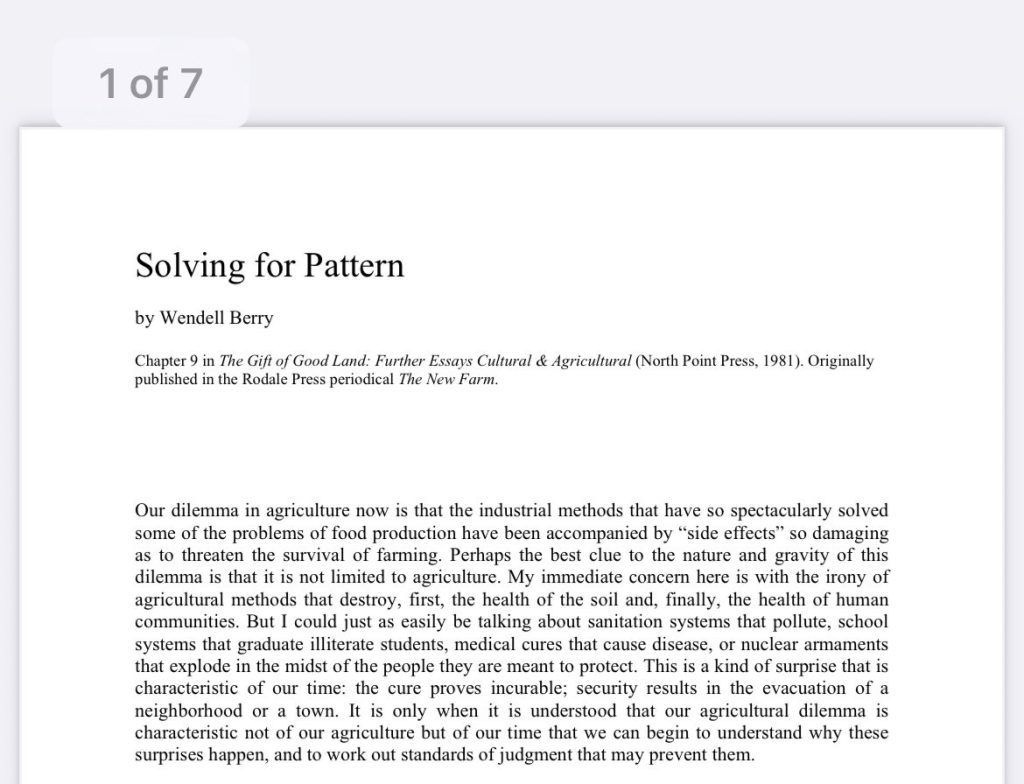My daily routine starts perceptually early when I am in Europe and perceptually late when I am in Montana. The world is currently rotating on the narratives of American Eastern Standard Time and that means I try to rotate with it too.
Alas part of me has always oriented my circadian rhythm around the full noon day sun as I’m I am not an early bird nor a night owl. So European hours work better for me than Mountain West Hours for some types of work.
Most notably the watching of flows of information, particularly from legacy media and its keepers in Washington DC and New York City.
I don’t know where I got the habit, probably from my mother or father, but I always start my day scanning the major newspapers.
There is functionally no local paper to read any longer in most markets but I will take Bloomberg, The Financial Times, The Wall Street Journal, The New York Times, along with NPR before I do anything else. If I’m feeling spicy I might even look through the New York Post.
It’s a habit I was encouraged into as my family was a household that always had a newspaper delivered. Whoever began their day together would share or sections, like a Norman Rockwell painting. I generally remember it being my mother but my father was a great reader as well.
What began with a local Colorado paper turned into many subscriptions. We subscribed to all sorts of magazines and periodicals when times were good and what we could not justify in the household budget, I was encouraged to pick up at the library after school.
Maybe this is why I am such an avid writer, as I am an avid reader. Although I don’t know if either of those habits will have much utility in the future as we transit into visual and oral communication methods. I am still reticent to scroll video platforms.
Now I begin the day not just with a newspaper scan but with every sources of information I can scan from commodity indexes to podcasts and social media.
I like to know where the discourse is being guided as early as I can. Obviously in my professional capacity sometimes I’m months ahead or even years, but I like to be ahead, at least, of the day’s news as well.
Increasingly it is hard to be sure that you are able to paint yourself a picture of what may really be happening as opposed to a picture of what somebody else would like you to think is happening. This was always true but now we are in the fog of war.
Hence my interest in being on European time zones. I can usually get a good grip on what may percolate up being ahead of the London broadsheets. Being just ahead enough of the largest media market (American media is mostly based in Manhattan) can give you a real sense of freedom in these very certain, uncertain times.





